I'm writing a load test that sends Time Stamping Requests to a Time Stamping Authority.
This is a standard protocol, described in rfc3161. This requires a POST execution, sending a small ASN1 object, that is binary.
I'm using Jmeter to generate the traffic. Now, I have written the groovy part that sets up the ASN1 object, and that creates the bytes[] array, but I cannot copy it to a variable, because the casting to a string modifies the content. However I cannot find any other way to pass this content.
Given the amount of traffic I have to generate, writing to a file and then attaching it is not a viable solution.
Is there any other way to work around this issue?
